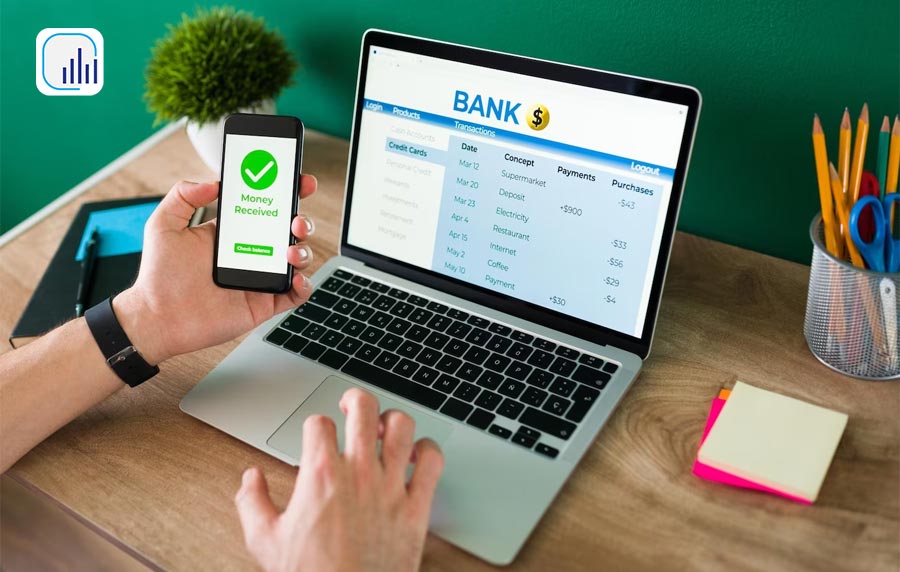Question: Which payment option takes money out of your bank immediately?
A. Debit card
B. Credit card
C. Check
D. Cash
Answer: A. Debit card
Explanation
A debit card is the correct answer for which payment option takes money out of your bank immediately. Since debit card payment takes money out from your account right away. The biggest difference with the credit card payment is for the debit cards payment options you don’t have to pay interest for it.
In today’s digitally driven world, understanding the level of detail inherent in payment alternatives proves imperative for adept financial management. From archetypal modes to avant-garde electronic conduits, the monetary panorama unfolds an array of choices. A pivotal concern for many revolves around the severity with which their financial assets are siphoned from the bank. This discourse dissects manifold payment methods, spotlighting those affecting immediate debits from your bank sanctuary.
Credit and debit purchases
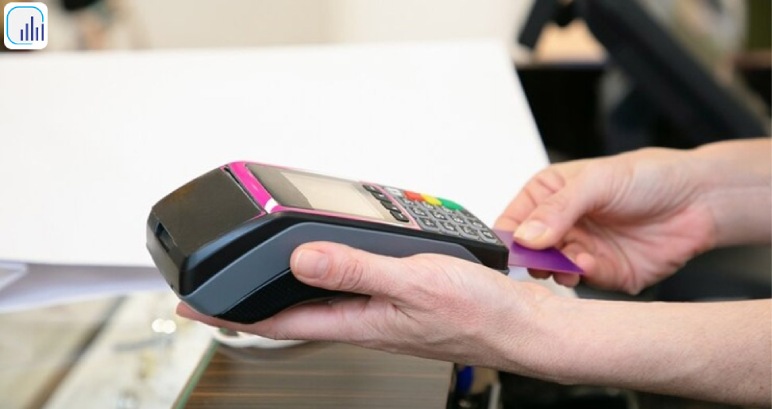
Credit cards, characterized by a credit line, furnish users with the ability to transact on credit, although the veritable extraction of funds transpires within the billing cycle.
Debit cards, conversely, promptly subtract the purchase quantum from your bank coffers, being intrinsically tethered to them.
Automated Direct Debit
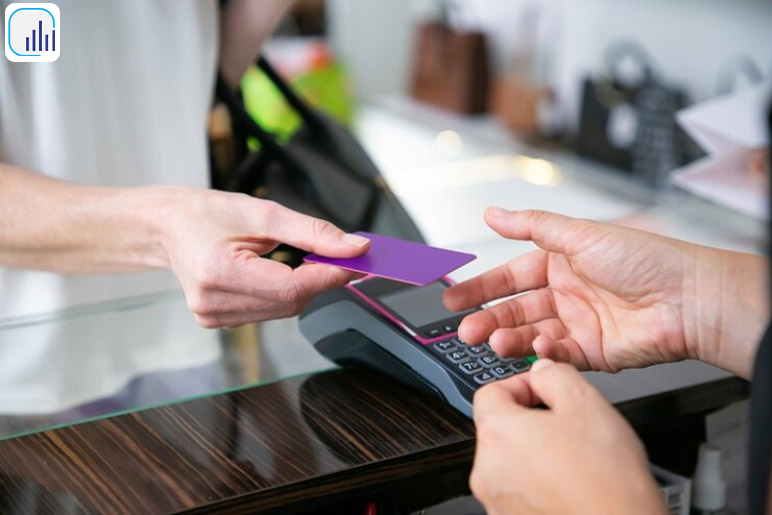
Direct debit, an automated remittance mechanism, orchestrates the extraction of funds directly from your bank enclave. This process unfolds on preordained dates, ensuring instantaneous financial disbursement.
Pinnacle of Mobile Payment Applications
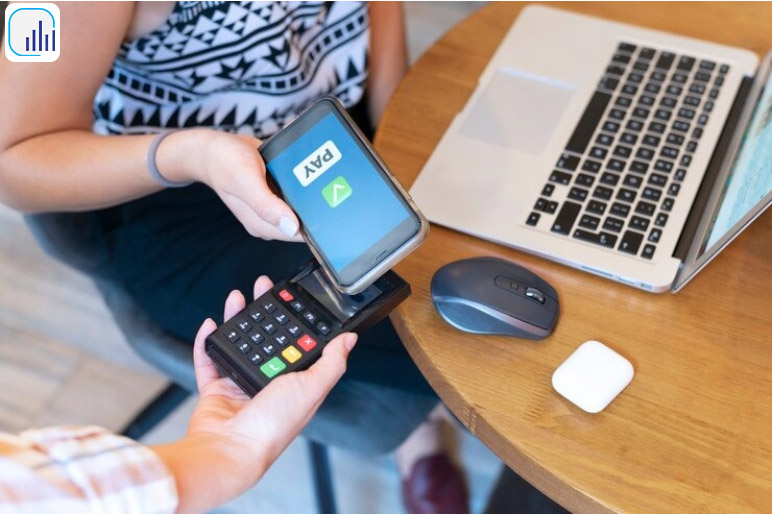
With the zenith of mobile technology, payment applications have burgeoned in popularity. Some applications offer instantaneous bank transfers, endowing users with the ability to dispatch and receive pecuniary units in real-time.
Digital Allocations Across Banks
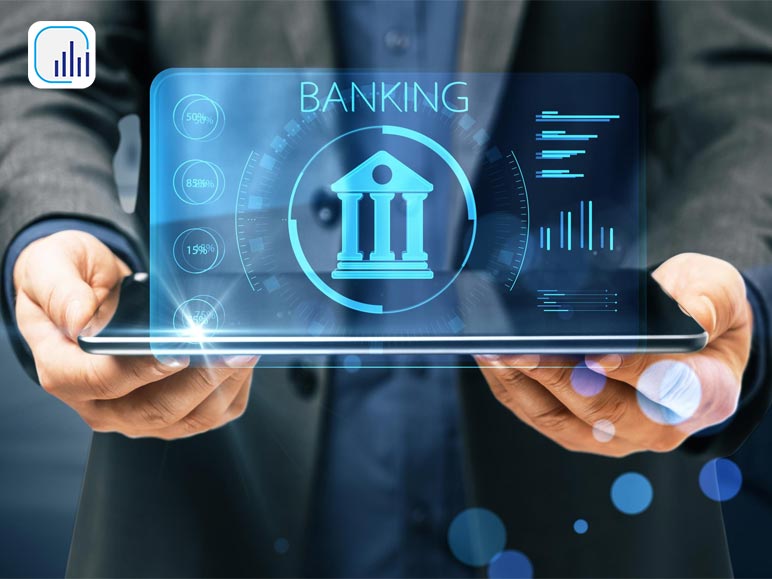
Digital interbank allocations involve the displacement of funds between accounts within the same bank or through interbank transactions. While certain transfers may undergo temporal vicissitudes, specific avenues facilitate ongoing remittances.
Cryptocurrency Transactions Unveiled

Cryptocurrencies such as Bitcoin and Ethereum facilitate peer-to-peer transactions, culminating in immediate settlements. However, the overarching celerity hinges on network congestion and transactional levies.
Sold Assets in Cash

Conventional yet efficacious, withdrawing currency from automated teller machines (ATMs) warrants prompt access to financial holdings. The caveat lies in the accessibility of ATMs and plausible withdrawal levies.
What’s the best?

Guess you already know which payment option takes money out of your bank immediately. Choosing a payment method that suits your needs depends on factors encompassing urgency, convenience, and fortification. Debit cards, direct debit, and select mobile payment applications distinguish themselves as choices that assure instantaneous financial evacuation from your bank account.
The spread of credit and debit
Statistical evidence shows both debit and credit cards are commonly used for financial transactions. Both offer expense tracking and online transactions, but their individual benefits and drawbacks require careful evaluation. This discourse provides insights for prudent use.
Separating Credit from Debit
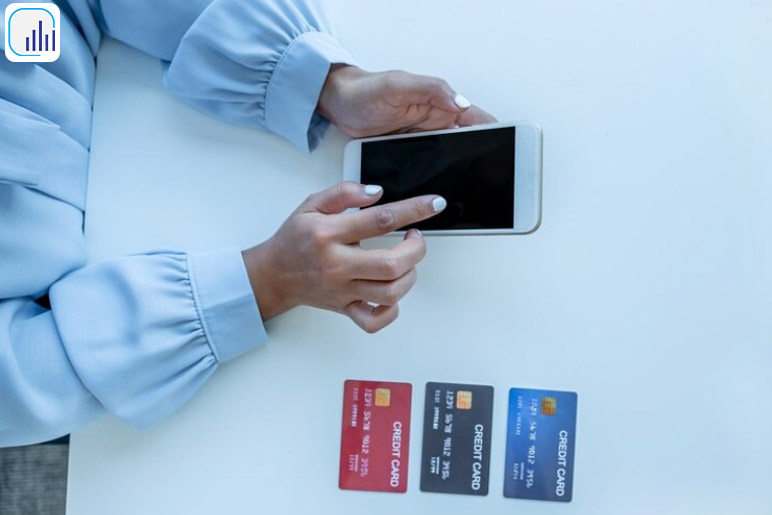
While both cards allow for buying and cash withdrawals, their operational disparities warrant attention. Debit card transactions promptly deduct the purchase amount from your checking account, ensuring real-time financial transparency. In contrast, credit cards adopt a deferred approach, entailing borrowing from the credit card issuer with each transaction.
Debit card users are spared the monthly expense of bills and receive a quick withdrawal from their bank accounts. Conversely, credit cardholders contend with monthly statements that delineate their credit balance. The option to settle the minimum, full balance, or any amount in between is available, with interest accrual imminent for those sustaining a monthly balance. Timely, full payment, however, averts interest and late fees.
Exploring The Merits And Demerits Of Using The Debit Cards

Examining the complicated area of debit and credit cards, the ensuing analysis reveals scenarios where each card type proves advantageous. Debit cards are the correct answer to which payment option takes money out of your bank immediately.
Pros and cons of Debit Cards
Check out the pros and cons of debit cards.
Pros
- Convenience: Exhibiting swifter transactions than checks, debit cards enjoy widespread acceptance and serve as efficient tools for ATM cash withdrawals or securing cash back during in-store purchases.
- Annual Fee Exemption: Typically devoid of annual fees, even sporadic usage incurs no charges for card activation, though associated checking accounts may bear monthly fees.
- Budgetary Aid: A potent ally in curbing excessive spending, debit cards deter impulsive, budget-straining purchases by instantly debiting funds.
- Interest Absence: Devoid of interest accumulation, debit card transactions ensure immediate debiting, setting them apart from their credit counterparts.
Cons
- Limited Fraud Safeguards: Falling short of credit card protection standards, lost or stolen debit cards may incur liabilities, with notification timelines crucial in determining responsibility.
- Balance-Centric Spending Limits: Tethered to checking account balances, debit cards prove suboptimal for sizable expenses, prompting consideration of alternative financing avenues.
- Overdraft Vulnerability: Inattentiveness to account balances may culminate in overdraft fees, with discretionary opt-out mechanisms carrying the trade-off of transaction declines.
- Credit Score Inertia: Lacking ties to credit histories, debit card usage contributes nil to credit score enhancement.
Pros and cons of credit cards
Why debit cards is the correct answer which payment option takes money out of your bank immediately? Here are the pros and cons of credit cards.
Pros
- Short-Term Financing: Offering deferred payment options, credit cards furnish short-term financial flexibility, proving instrumental in exigencies or when amortizing significant purchases.
- Credit History Construction: Timely credit card payments serve as a bedrock for credit history establishment, influencing favorable terms for loans or mortgages.
- Reward Programs: Credit cards often feature lucrative cashback or rewards schemes, catering to diverse spending categories.
- Enhanced Fraud Protection: Shielded by the Fair Credit Billing Act, credit cards impose capped liabilities for fraudulent charges, bolstering security for non-immediate transactions.
Cons
- Budgetary Overreach: The allure of an extended credit limit poses a risk of exceeding financial means, potentially fostering unsustainable spending habits.
- Interest Accrual: Failure to settle the monthly balance in full triggers interest on outstanding amounts, escalating challenges in principal repayment.
- Late Payment Penalties: Incurring hefty fees, and recurrent tardy payments inflict financial strain and detrimentally impact credit scores.
- Credit Score Deterioration: Antithetical to their credit-building potential, imprudent credit card usage can precipitate adverse effects on creditworthiness.
How To Choose Card Usage?

Given the intricate interplay of merits and demerits, deciphering the opportune scenarios for debit or credit card utilization demands astuteness.
Debit Card Utilization
Ideal for routine transactions, such as office lunches or grocery shopping, debit cards offer a pragmatic means of budget-conscious spending. Their inherent limitations mitigate the risk of overspending by cultivating disciplined financial habits. Additionally, debit cards prove invaluable for hassle-free cash withdrawals and in-store cash back requests.
Credit Card Utilization
Distinct from their debit counterparts, credit cards wield a unique influence on credit histories. Prudent usage involves timely payments and judicious spending, maximizing benefits while mitigating potential pitfalls. The robust fraud protection and rewards programs inherent to credit cards render them particularly advantageous for online transactions and strategic financial planning.
Bottomline
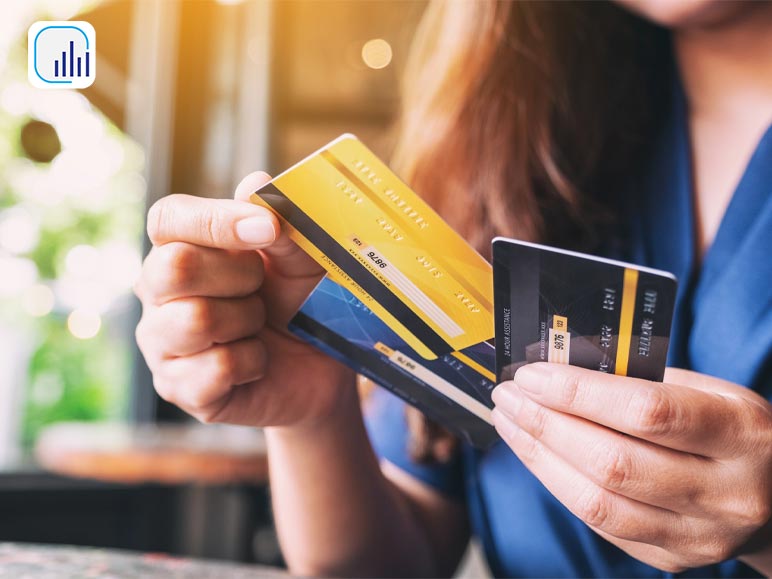
Hope you already understand debit card is the option for which payment option takes money out of your bank immediately. Understanding debit and credit card usage requires a deep understanding of their intricacies. This knowledge allows for the judicious use of each card’s unique attributes, ensuring financial prudence in various situations. Staying updated with technological and financial advancements ensures a productive financial journey.
Must Read :
- Andre Hakkak Net Worth
- How To Cancel Spectrum Internet?
- Understanding the Indian commodity market: How it works

